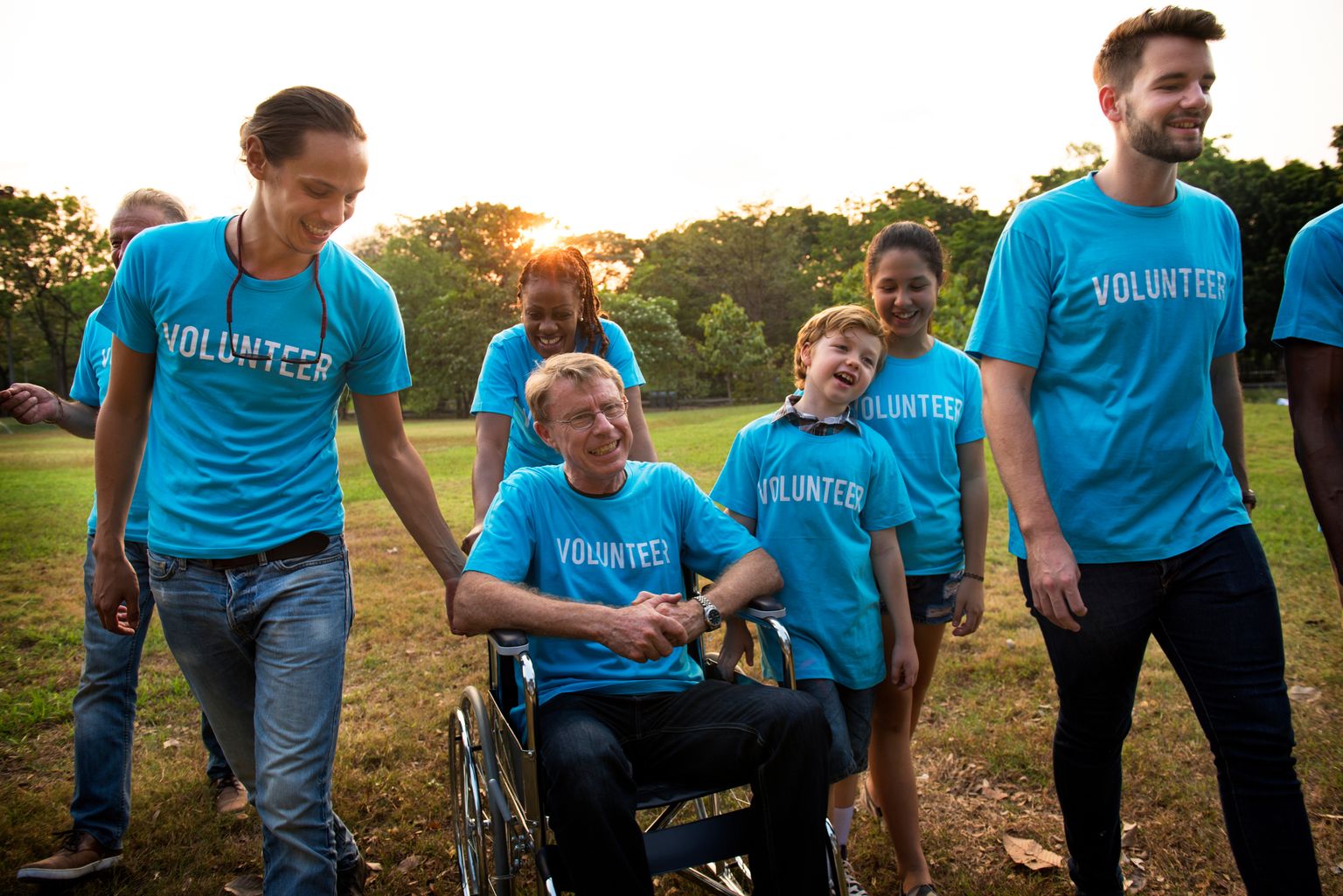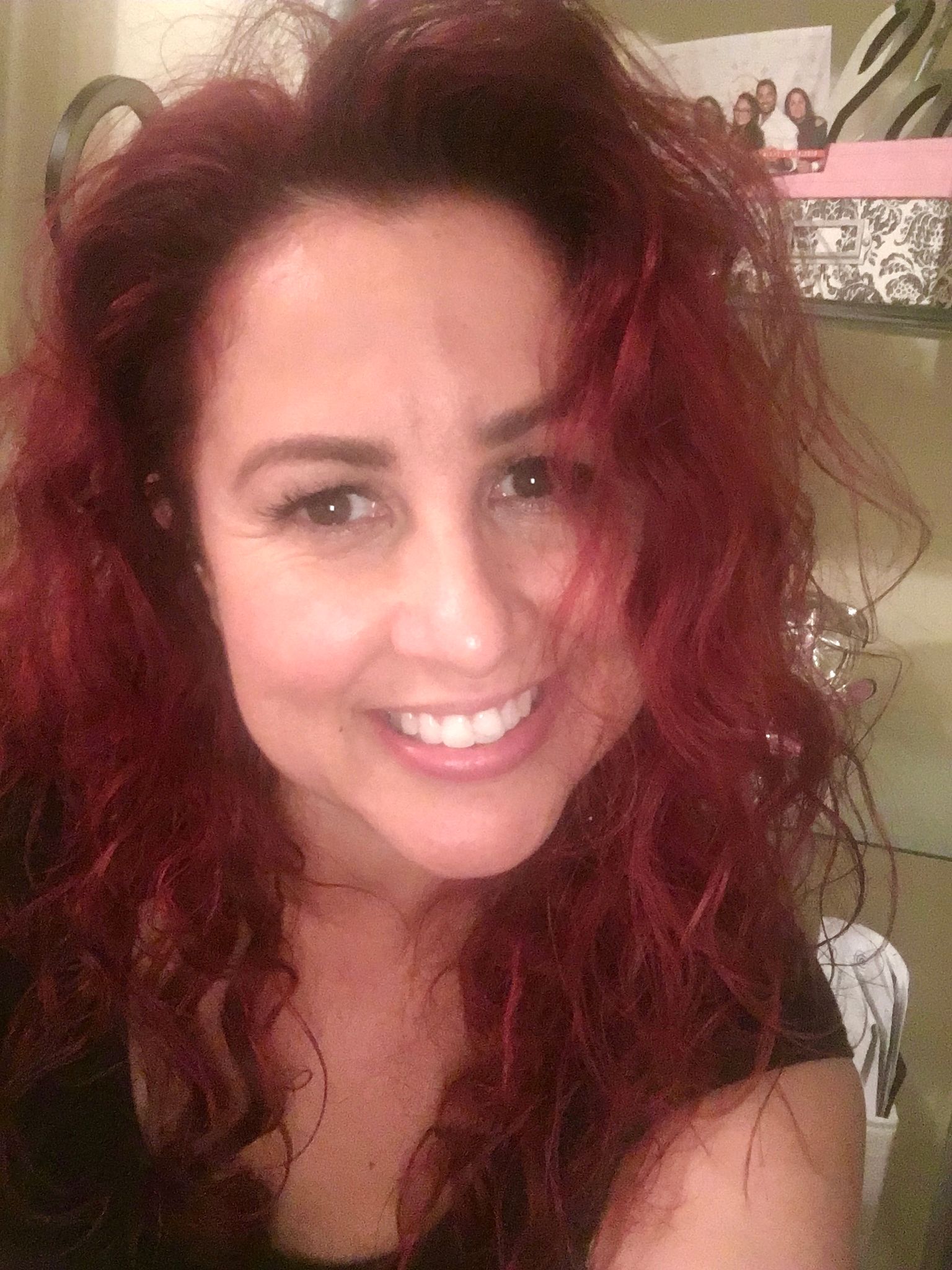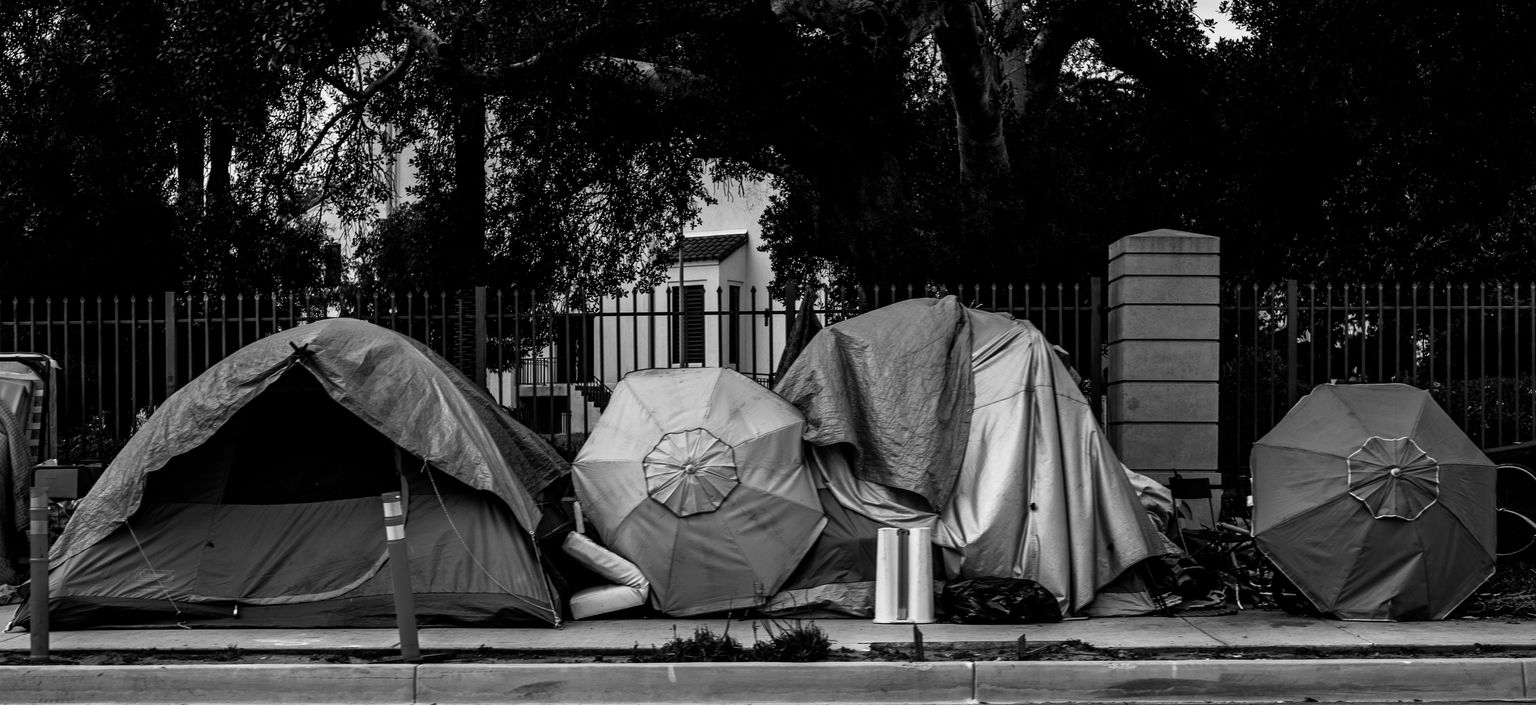What is a certified recovery peer specialist?
A peer support specialist is a person with "lived experience" who has been trained to support those who struggle with mental health, psychological trauma, or substance use. Their personal experience of these challenges provide peer support specialists with expertise that professional training cannot replicate.
Some roles filled by peer support specialists include assisting their peers in articulating their goals for recovery, learning and practicing new skills, helping them monitor their progress, supporting them in their treatment, modeling effective coping techniques and self-help strategies based on the specialist's own recovery experience, supporting them in advocating for themselves to obtain effective services, and developing and implementing recovery plans.
In 2007, the Department of Health and Human Services recognized peer support services as an evidence-based practice. It also informed all 50 state Medicaid directors that The Centers for Medicare and Medicaid Services would pay for peer support services, provided that peer support specialists--like other types of healthcare providers--were governed by a statewide training and credentialing program. As of 2016, 42 US states, the District of Columbia, and the Veterans' Administration have adopted such programs to train and certify individuals to work as peer support specialists.
Transitional living program
Our transitional living program is a structured drug and alcohol-free voluntary program in which veterans share a room with their battle buddies during their stay. Mutual Aid meetings, attendance weekly meetings with their on-site Peer specialist, and medical or mental health follow-up appointments.
We support all pathways of recovery
A leading study showed that just over half of those who recover do so with the help of mutual-aid programs, followed by treatment, recovery support services, and medication-assisted treatments — some utilizing more than one type of service.
As defined by the Recovery Research Institute, these pathways fall into three main categories:
- Clinical pathways, Non-clinical pathways
- Self-managed pathways, Signpost pathways of recovery
Clinical pathways
Clinical pathways of recovery involve professional intervention from a healthcare provider, clinician, or other credentialed professional. That includes:
- Clinical treatment: Medically managed inpatient treatment, clinically managed residential services, intensive outpatient and partial hospitalization, and outpatient services.
- Pharmacotherapy and medication-assisted treatment: Medications like buprenorphine, methadone, naloxone, acamprosate, and naltrexone are used to withdrawal symptoms, reduce alcohol and drug cravings, and some prevent return to use by blocking the effects of certain drugs.
- Behavioral therapy: Acceptance and Commitment Therapy, Cognitive Behavioral Therapy, Motivational Interviewing, behavioral couples therapy, and family therapy.
- Holistic therapies: Also known as integrative health, this treatment integrates conventional and alternative therapies to treat the person holistically, promoting overall wellness. Therapies include: acupuncture, hypnosis, aromatherapy, yoga, meditation and mindfulness, reflexology, reiki, massage, art, dance and music therapies, and animal-assisted therapies.
Non-clinicl pathways of recovery
Non-clinical pathways represent just over half of all preferred pathways of recovery. They include peer-based recovery supports, recovery community centers, educationally based recovery services, faith- and culture-based recovery supports, and recovery housing. Many of these pathways and recovery supports are offered through Recovery Community Organizations.
Peer-led support groups
There are a range of peer-based support services, encompassing mutual-aid groups, peer recovery coaching, and peer-based fitness programs. And The Council on Accreditation of Peer Recovery Support Services (CAPRSS) accredits organizations that provide peer recovery support services.
Many of these supportive groups focus on sharing recovery-related experiences and most often have a peer-led program of recovery, or educational groups. The organizations range in philosophies and principles; some are spiritual, others religious, some are secular and evidence-based, and others involve fitness. They include:
- Refuge Recovery (based on Buddhist principles)
- Recovery Dharma
- SMART Recovery (evidence-based and secular)
- Alcoholics Anonymous (12-step-based)
- Cocaine Anonymous (12-step-based)
- Heroin Anonymous (12-step-based)
- Narcotics Anonymous (12-step-based)
- LifeRing Secular Recovery (secular)
- The Phoenix (community-based, using CrossFit)
- Moderation Management (not 12-step)
- Secular Organizations for Sobriety
- Women for Sobriety (secular)
- For LGBTQ+-specific resources, read our recent blog, and for non-12-step resources, click here.
Faith - and culture-based recovery support
Like peer support groups, faith- and culture-based support groups are geared toward people who practice certain faiths or identify culturally with the values of certain organizations. They allow the person to integrate their beliefs into their recovery. Formally organized groups include:
Many of these supportive groups focus on sharing recovery-related experiences and most often have a peer-led program of recovery, or educational groups. The organizations range in philosophies and principles; some are spiritual, others religious, some are secular and evidence-based, and others involve fitness. They include:
- Wellbriety Movement
- Celebrate Recovery
- Milati Islam
- Jewish Alcoholics
- Chemically Dependent Persons
- Significant Others
In addition to these groups, most churches and other faith-based communities have specific support within their communities that can be accessed through a pastor, priest, or mentor.
Education-based recovery support
Focused on both high schools and colleges, two main associations are dedicated to providing a supportive recovery environment for their students: the Association of Recovery in Higher Education represents collegiate recovery programs across the US, and the Association of Recovery High Schools represents students globally.
Recovery housing
Often referred to as Oxford Houses, halfway houses, or sober living homes, these facilities provide a safe, clean, and supportive environment for people transitioning out of formal treatment. Individuals live in a supportive peer environment and may be required to adhere to certain rules, such as regular drug testing, to stay at the residence. You can find houses that have been certified through the National Alliance of Recovery Residences.
Recovery community centers
RCOs are hubs within the recovery community. Within these dedicated spaces people in recovery can find a network of helpful recovery support services. These could include peer-based meetings, peer mentor programs, referrals to support services, and social events. The Association of Recovery Community Organizations lists the national network of RCOs helping them to provide a unified voice advocating for people in recovery.
Employment-based recovery support
Usually larger organizations offer employee assistance programs to help support and improve employee wellness. That includes support and resources for employees with substance use disorder.
There are also organizations that help individuals in recovery facing certain challenges — like an incomplete educational background or a prior criminal record — to achieve employment. One organization that can help provide these services is Recovery Through Entrepreneurship.
Self-managed pathways
Self-managed pathways of recovery simply means that there is no formal process of recovery or engagement in professional services. Individuals choose to create their own path of recovery.
FAQ:
I’m already in recovery, what kind of services am I eligible for?
Anything you THINK you need! Sure, there may be details that may be disqualifiers for certain programs, but that doesn’t mean that there isn’t another program or service that will work for what you need in your recovery.
I don’t have an honorable discharge. Am I eligible for services?
Absolutely. Give us a call or an email so we can discuss your options. JUST KNOW YOU ARE ELIGIBLE, SO DON’T FEEL DEFEATED!
I’m in a sensitive duty position. Are your services confidential?
They are 100% confidential, protected by HIPAA and disallowable for reporting to your Chain of Command or other Government Agencies, including the FBI during a BG Review.
I don’t have insurance or VA benefits. Can I get help?
100% you can! And it’s free. Contact us now so we can get those services started for you!

What We Do
State of Hope is a social enterprise which provides housing and support services to veterans who are in need.
Provide stable, affordable housing for veterans and low income individuals to promote self-sufficiency and prevent homelessness
Improve quality of life with a continued care
Support for physical and emotional needs
Create a community of support, understanding and care
Honor, dignify, and respect the men, women and families who sacrificed to serve our country
Our Founders

Anastasia Averbukh
“My heroes are those who risk their lives every day to protect our world and make it a better place.
Thank you, members of our armed forces. They served our country, and now it’s our turn to serve them!"
Anastasia Averbukh has been in the residential real estate management since 2012. She was able to see firsthand how many people in need for housing, especially homeless veterans. In 2021 she decided to apply her efforts specifically to assist homeless veterans and started a nonprofit “State of Hope”.

Dr. Eileen Diaz
“My passion is helping and restoring people's lives. I'm proud of the veterans in my family who have served our country so it is dear to me to help and serve those that have served us”.
Dr. Eileen Diaz Doctorate in Clinical Forensic Psychology. Experience in working with mental illness, anger management and healing from trauma. Currently implementing programs to assist homelessness among the Veteran population.

